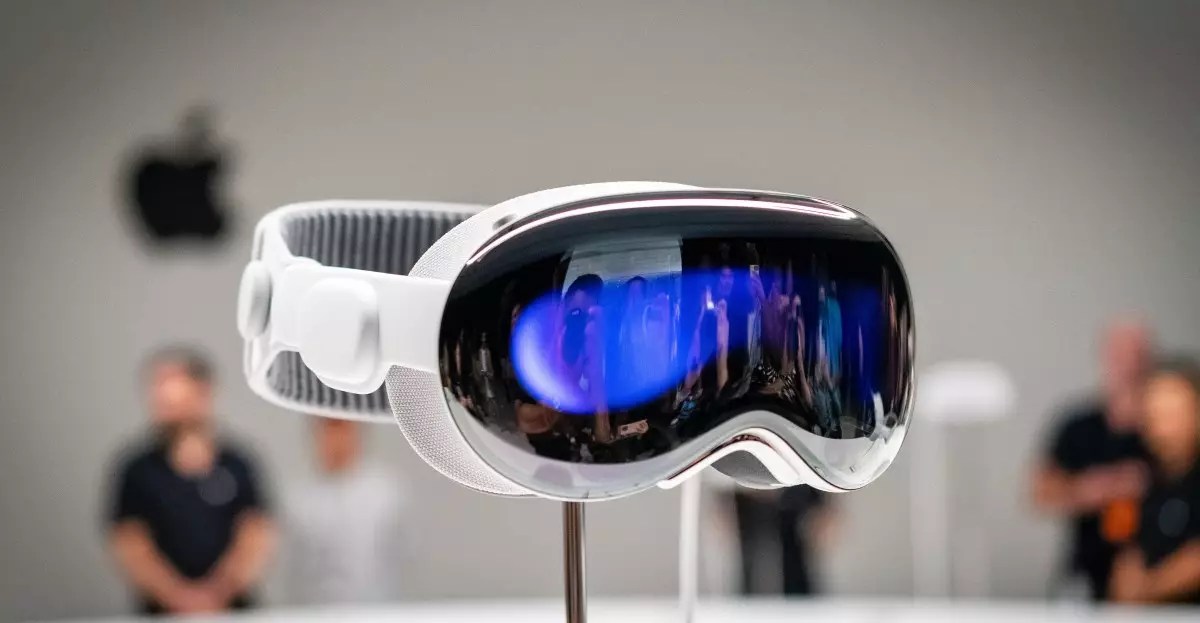In the ruthless arena of technological innovation, intellectual property stands as one of the most valuable commodities. Companies invest billions into research and development, eager to protect their competitive edge. However, this intense focus on safeguarding proprietary data often leads to a transactional mentality that can obscure greater ethical considerations. The recent case of Apple suing a former employee underscores this tension vividly. Here, the core issue is not merely about breach of contract or theft but about the ethical boundaries in a fiercely competitive industry. When employees have access to sensitive information, the temptation to leverage such assets for personal or corporate gain becomes a moral battleground. Companies must balance the need for confidentiality with the responsibility to cultivate an environment of trust and integrity.
Burning Bridges: The Cost of Betrayal in Innovation
The case of Di Liu, the former Apple engineer accused of stealing proprietary data on the Vision Pro headset before transitioning to Snap, exemplifies how personal ambition can clash with corporate loyalty. The lawsuit suggests that Liu deliberately downloaded thousands of confidential documents, moving them to personal storage in the final days of his employment—actions that reveal a calculated intent to gain a competitive advantage. Such breaches don’t just represent misplaced trust; they threaten the very fabric of innovation itself. When one employee leverages insider knowledge elsewhere, it risks creating a precedent that encourages unethical behavior across the industry. This type of “corporate espionage” erodes not just the trust within organizations but also the public confidence in the fairness of market competition.
The Ethical Gray Area of Competitive Movement
Transitioning from one leading tech giant to another is commonplace in Silicon Valley. Yet, the boundary between legitimate career progression and intellectual property theft remains poorly defined. In Liu’s case, the lawsuit highlights that he claimed health reasons as his motive for departure, hiding his new role at Snap. This deception raises questions about transparency and the ethics of industry movement. Should departing employees be scrutinized more rigorously? Is it ethical for companies to protect their innovations at the expense of fostering an environment where talent can freely move? These are complex, nuanced issues with no clear-cut answers. Still, the ethical onus lies on both employees and employers to maintain professionalism and integrity, safeguarding the innovation ecosystem for all stakeholders involved.
The Role of Corporate Culture in Preventing Espionage
Prevention is always better than cure, especially in safeguarding intellectual property. Companies known for their innovation must embed ethical practices into their corporate culture, emphasizing the importance of trust, respect, and responsibility. Robust exit protocols, regular audits, and clear guidelines about data handling can help deter malicious acts. However, a purely punitive approach might breed resentment or fear, which could undermine the very trust it aims to protect. True corporate resilience lies in cultivating an environment where employees feel valued, recognized, and ethically guided—reducing the temptation to compromise proprietary information for personal gain. The case of Apple and Liu demonstrates that while technological safeguards are vital, cultivating an ethical mindset is perhaps even more crucial.
The Broader Impact: Innovation or Incitement?**
Ultimately, these high-profile lawsuits serve as stark reminders of the fragile nature of trust in the tech industry. When intellectual property is stolen or misused, the repercussions extend far beyond individual cases. It challenges the industry’s integrity, questioning whether the race for innovation is fueling collaboration or inciting dangerous behavior. In a landscape where the next big breakthrough can define a company’s future, the temptation to circumvent ethical boundaries becomes ever more alluring. Companies must therefore reevaluate how they nurture competition—favoring transparency, fairness, and ethical conduct over aggressive secrecy and ruthless corporate tactics. Only then can the industry sustain true innovation, driven not by stolen secrets but by genuine ingenuity.

